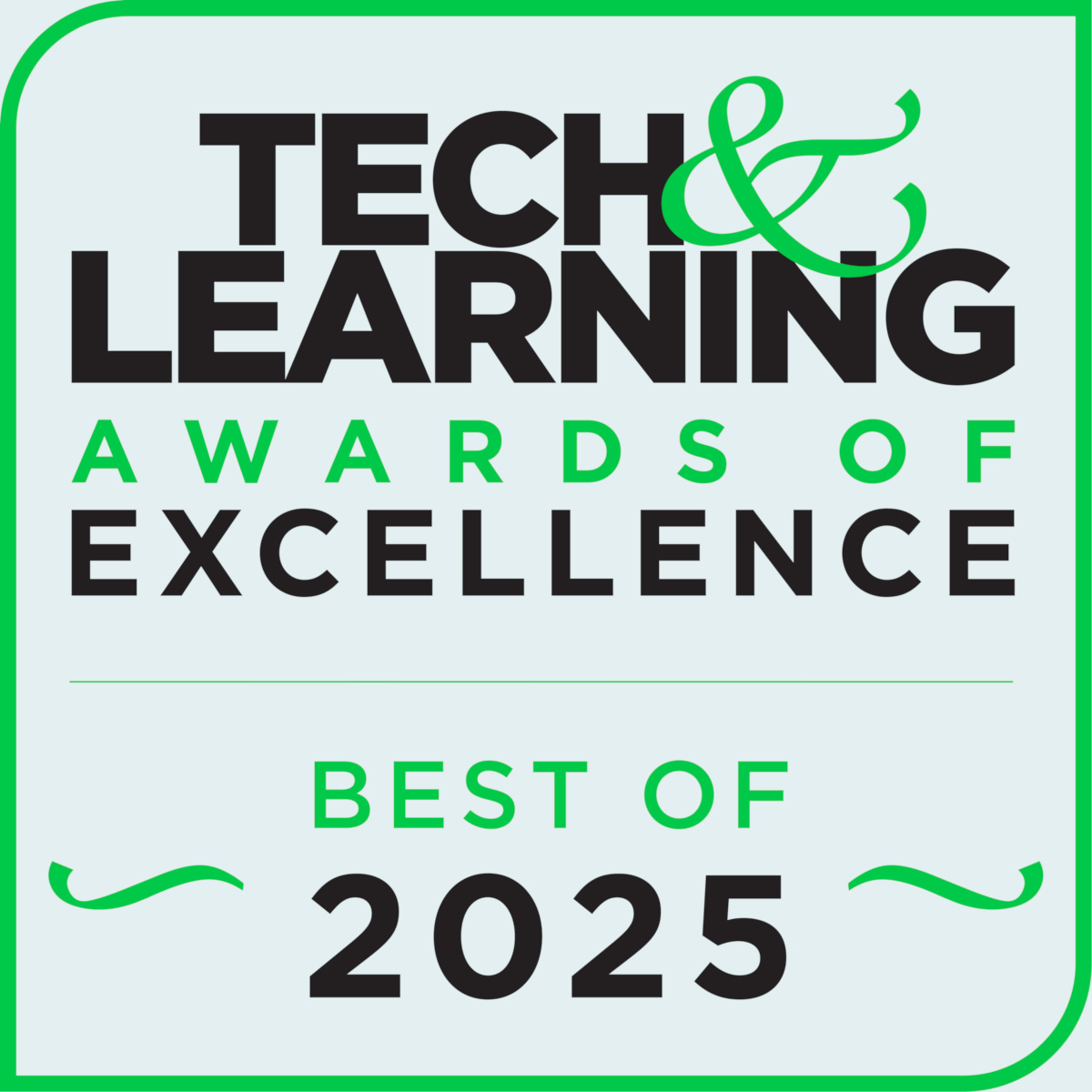I Used An Edcamp to Educate My Teaching Staff on AI Tools. Here’s How You Can Do It Too
Using an edcamp can be a powerful way to invigorate and engage your teaching staff

As a school leader sharing useful information, I often get to see bobble heads excitedly shaking in agreement when I "reinforce" concepts and provide deeper context for teachers on topics they know something about.
Yet, I was recently surprised when I asked dozens of teachers if they were aware of AI capabilities. Among the 70+ asked, a handful acknowledged knowing about, let alone understanding, the good, the bad, and the ugly about ChatGPT and other AI tools rapidly making their way to the screens of students and tech geeks (like me).
Discovering that teachers knew little about the existence and potential functionality of AI tools, I was compelled to foster an edcamp, one of my favorite formats for faculty meetings.
Running an Edcamp for AI PD
Edcamps are invigorating, loosely focused, informal and collaborative methods for providing teachers meaningful professional development. I’ve written about edcamps and why these are so much more productive then traditional meetings, along with step-by-step instructions for how to run one for any educator motivated to share innovative practices.
The benefit of the edcamp format being a collaborative learning approach is that teachers learn more from one another because they are able to share their experiences, tips, and strategies. This kind of collaboration is invaluable for educators as it helps them stay up-to-date on the latest developments and gives them the opportunity to refine their teaching methods. Such networking and forming professional relationships also helps them stay motivated and connected as educators, especially when teachers do not often have access to colleagues' expertise and knowledge.
Our AI edcamp was framed within a one-hour faculty meeting, so more preparation and a registration process was needed to make it more efficient than a less-formatted Saturday event, in which dynamic proposals and walk up structures occur in a pop up format. Teachers selected 3 out of 5 AI-type options, with the flexibility to move across events if they changed their mind. These were powerful 15-minute collaborative learning experiences, so teachers could get the basics of specific tools, attend 3 or more events, and debrief with colleagues.
With funds limited and a changing political dynamic, I could not have teachers explicitly take the lead role, so I created video intros, which facilitated teachers knowledgeable about the AI tool, demonstrated it briefly for their colleagues, and then engaged with them for a collaborative work session.
Tools and ideas to transform education. Sign up below.
If you are worried about your political dynamic, don't allow the positive energy of the majority of well-intentioned teachers to be stifled. Most teachers embrace the opportunity to share best practices with their colleagues while the others come along for the ride. Do what I did and then sit back and watch the magic happen as teachers converge with excitement.
Resources for An AI Edcamp
Larry Ferlazzo, an educator in California is busy on his edublog, and he has a great section I check regularly, called This Week’s Free & Useful Artificial Intelligence Tools for the Classroom. It is well organized, regularly updated, and provides a one or two sentence description of the latest AI tools for educators. Between this and a terrific conference I recently attended and presented at FETC, I came back ready to engage my faculty in this new tech for teachers that they needed to know about.
I also introduced an unconventional resource at the end, one that I stole from an incredible, informative, and entertaining FETC presenter named Leslie Fisher that I called “Leftovers with Mike.” As the great Harry Wong says: “Effective teachers can be defined in that they simply steal! Teachers who beg, borrow, and steal good techniques are teachers whose students will achieve.” I am just following his advice (or am I stealing it?). Stealing is, in fact, just good research!
After engaging in their regularly scheduled invigorating sessions, teachers could voluntarily elect to attend this brief session with me. Leftovers are all the great topics we could not fit into the scheduled session in case faculty wanted to see and learn more. I shared these tools in my Leftovers session, and many of the teachers attended, and appreciated the experience.
Here is a sample video introduction for Consensus that I mapped if you want to use or adapt for your own edcamp.
Be ready to commend facilitators as well as emerging innovators. I recognize faculty facilitators with a free online certificate maker. It is one of those small yet significant details of attention that they value and appreciate. The energy shifts and the vast majority gain. Teachers bring back innovative and motivating practices to their classrooms. When that happens, the most important people in our school win, our students!
Dr. Michael Gaskell is Principal at Central Elementary School in East Brunswick, NJ, has been published in 75 articles, and is author of three books: Radical Principals, Leading Schools Through Trauma (September, 2021) and Microstrategy Magic (October, 2020). Mike provides current guidance on AI, presents at national conferences, including ISTE (June 2023) The Learning and the Brain (November, 2021), and FETC (January 2025; 2024: 2023, and 2022); and works to find refreshing solutions to the persistent problems educators and families face. Read more at LinkedIn
